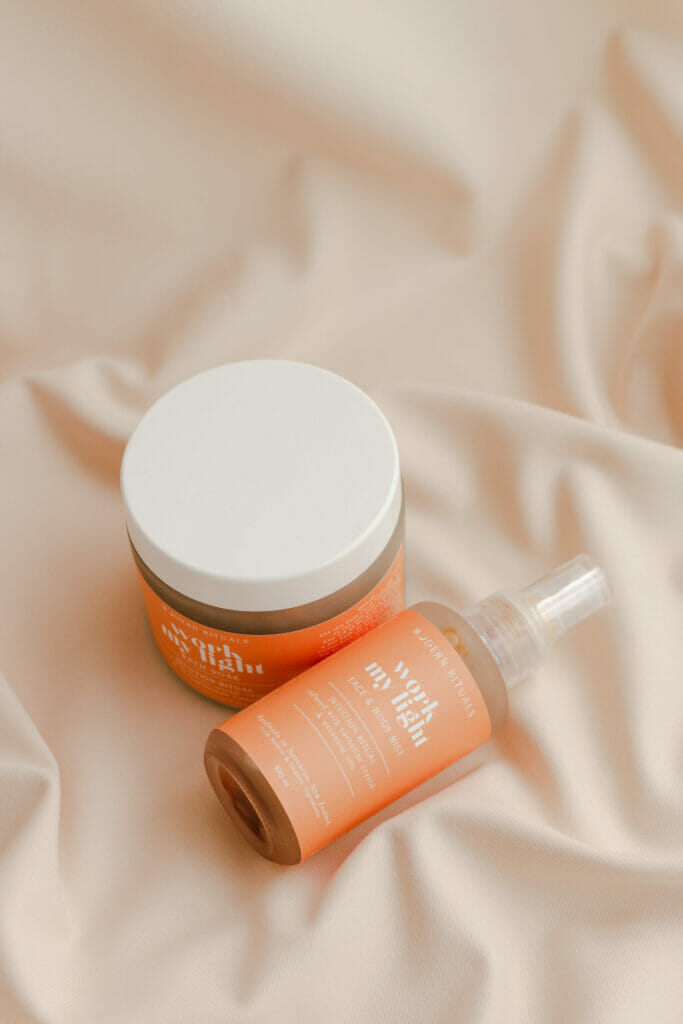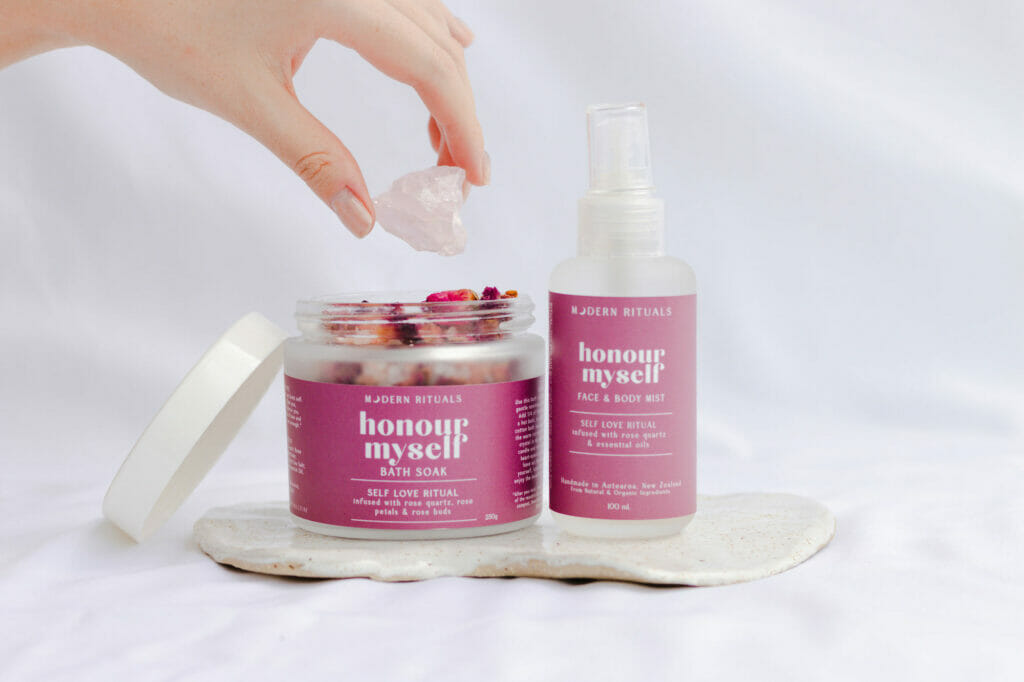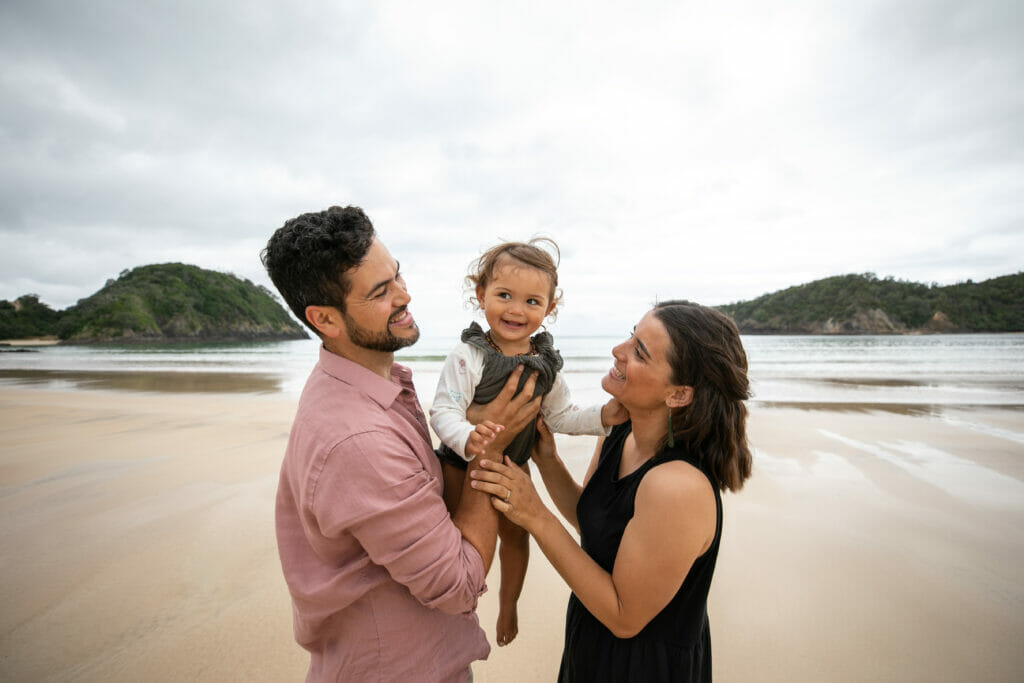
Why did you choose to come home?
I’d been overseas for 16 years, the last 15 of which have been in the US. I was involved with the America’s Cup and Team New Zealand in the early 2000s and sailing was my sport, both as a sailor and as a design engineer. I worked in Rhode Island for a company in this field for 9 years, but I wanted more. I wanted my work to contribute more to society so I went through grad school in the US, a country that places a lot of emphasis on credentials. I went into management consulting and ultimately coaching.
Throughout that journey I was constantly grappling with whether I should stay, whether the US was my country or not. Ultimately, I learned that despite having American citizenship, culturally it wasn’t the fit for me and that the US is an individualistic country and it doesn’t align as well with my values. I crave and believe in contributing to a collective society, so that led to believing that New Zealand was the place I needed to be. The last few years I committed to learning as much as I could before I went home. Also, US grad school is expensive so I wanted to make sure I had paid off those debts before I left.
Ultimately, I’d made that decision that I wanted to return and it was just a case of when. Yes, Covid-19 sped things up but it was a journey of values and a need to be back into the New Zealand cultural environment that preceded that.
How did the Better Futures Forum come about, and how did you get involved?
Dr Catherine Knight and Dr Mike Joy have been the drive behind the Better Futures Forum. They were fed up with lots of the outcomes both environmentally and socially in New Zealand, which posed the question – could Covid-19 and the subsequent lockdown provide an opportunity for some real progress when in the past progress has been hard. Joy is a freshwater ecologist and has been an activist and spearheaded this work for so long. Catherine and Mike got talking and wanted to act, and so they reached out to their network and got a few people together.
I got involved through my network, which is how many good things happen. When I got back to New Zealand, I had the belief that if you know what your purpose is and how you want to provide, it’s less important to worry about what it actually looks like. By connecting with my network and talking about my why and my how, things sort of rattled out of the woodwork through suggestions people would make of things I should look into. Someone in my network shared the Better Futures Forum with me. As soon as I went on the website, I very much resonated with what they were saying and it was clear this was a group of like minded people that at the very least I needed to talk with and bring into my network. Once we connected, it became apparent that they had a purpose that I was driven towards. Through my coaching, it’s all about change and how change happens. This is the purpose of the forum, to create broad momentum to the transition towards a more resilient Aotearoa. In speaking to them, we realised that my skill set was quite different and complementary to theirs.
It’s pretty energising to see that people are acknowledging that we can’t just go back to business as usual, not in the sense that we have to go back to living in caves, but the acknowledgement that we are so incredibly hard on our land and our waterways and our planet. This has real implications for human health now and in the future, so it is such important work. I really hope that we can continue to build and create broad momentum for change, so that it doesn’t sort of dribble away to us getting back to how we were. The evidence is clear – big change is needed if we want to have a planet that we want to live on. Regardless, it is an incredibly meaningful and purposeful thing to put energy into, and it feels very aligned to my purpose of contributing to a more environmentally and socially sustainable world. It’s a daunting task, but also one that is incredibly motivating.
Covid-19 has been seen by many as an opportunity to radically change how NZ and the world operates. What opportunities do you see it offering, and for whom?
Historically, in times of crisis we know who benefits and who loses. Those who have means are benefitted, and those who don’t are further disadvantaged – trends we see reflected in other issues such as climate change. Going forwards, significant change would have to result from this for a different future to eventuate. This is one of the key things the Better Futures Forum is anchoring on – what would different policies and structures produce in terms of different outcomes, and how would some of those changes actually be implemented.
We have a history of myriad groups (NGOs, non-profits, government) trying to lead meaningful change to affect these types of outcomes, but in taking an objective lens not that much has resulted. This brings us back to the suggestion that we might be getting ahead of ourselves, that we should be focusing on prerequisites and the steps that come before change as a mechanism of actually achieving it.
Did you stay connected with the Kiwi community while you were living in the States?
When I first arrived in the States and was based in Rhode Island, the sailing community I was a part of meant that there was a constant stream of Kiwis coming through. However, when I went to grad school in Michigan that evaporated. By the time I got to New York, I ended up living with a Kiwi, and began attending events like the Anzac celebrations which helped me meet some fellow New Zealanders.
What opportunities do you think there are for returning Kiwis?
The short answer is that there are immense opportunities to contribute, especially with the skill set you have developed while being away. We all come back with our own specific perspectives and interests. Through my journey, whilst this is still a transition for me, I’ve become much more aware that our actions and aspirations need to be put in check a little bit. One way that we can do that is by thinking and working locally. I see a huge opportunity in contributing to my local hometown. I think the scale matches up with how change happens, and it is a much more personal or connected experience when it’s a smaller place. There may be a smaller range of things but I think when it really comes down to what’s important, it’s all here.
Are you finding anything challenging about the move home?
Personally, it’s a theoretical aspiration to be in my home town and close to family in Timaru. Theoretically, it’s exactly what I want but in practice it’s hard. I have spent so much of my life overseas and everyone else’s life has gone on without me just fine so there’s that reintegration into family that after 16 years that is challenging. Making that decision to be home rather than take the opportunity to embrace potentially more exciting opportunities is the trade off.
COMING HOME?
Resources
We’re here to support returning Kiwi. Here’s our list of resources to help you plan your return and next steps.
Jobs
Looking for a new role in New Zealand? Visit the Kea job portal and find your next career opportunity.

 MENU
MENU













